Switzerland promotes democracy where it hurts
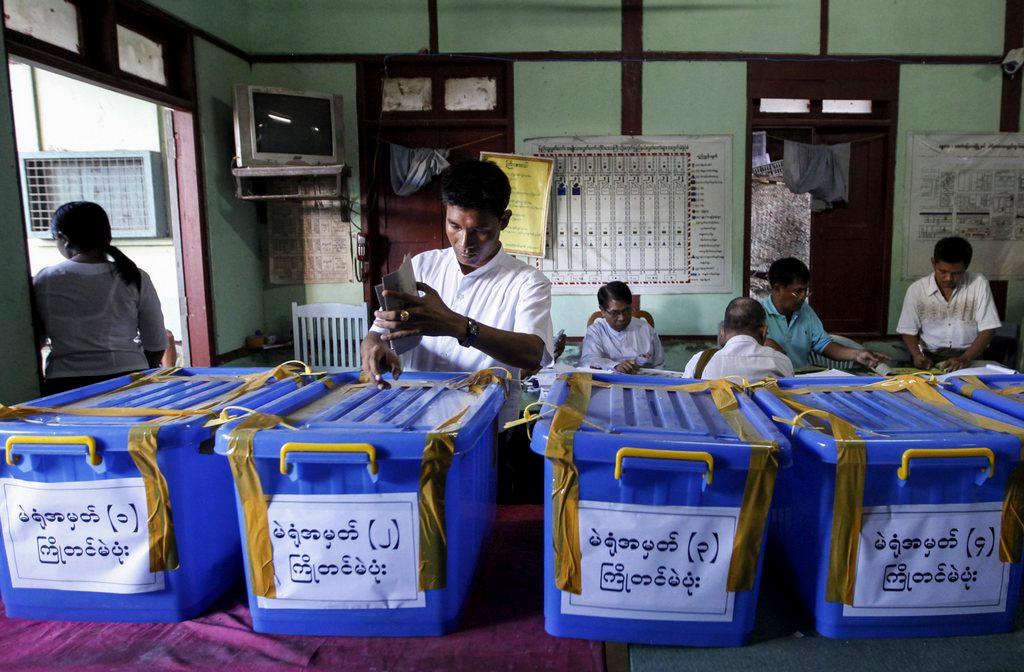
Myanmar, Laos, Thailand, Taiwan: all countries in which Switzerland is actively engaged for more democracy. But what on paper sounds easy and almost self-evident is, on the ground, seriously hard work.
“We’re not so easy to find,” admits the porter at the Swiss embassy in MyanmarExternal link, which since opening six years ago has been the first port of call for every visitor. It had taken my driver three attempts to locate the old villa with a lush garden in Yangon, until 2006 the national capital and still the country’s largest city.
This text is part of #DearDemocracy, a platform on direct democracy issues, by swissinfo.ch.
Switzerland is one of the most engaged supporters of the still highly fragile democracy in the former Burma.
“Over the past five years we’ve invested a good CHF122 million ($129 million) here in Myanmar,” says Agnès Christeler, head of political and economic affairs at the embassy, which employs several dozen staff. Of this money, she says around 15% has gone towards the promotion of democracy.
Concretely, Christeler and her team have focused on building civic dialogue in the former military dictatorship. Since the elections in 2015, Switzerland has supported, via the direct donation of money, the country’s civil society organisations.
In addition, the Swiss representatives advise the NGOs on how to gain influence in public debates.
Ultimately, the Swiss support all political parties in their efforts to bring issues resulting from the civic dialogue to the political agenda in the government and parliament.
In the run-up to the first free elections three years ago, Switzerland provided logistical support for the Myanmar electoral authorities. This included ballot boxes, the creation of voting registers and advice on how to count the votes.
As with other countries in Southeast Asia, the ex-dictatorship is still struggling with human rights and the participation of civilians in political life.
“We’re working really hard to cultivate contacts with all the relevant forces in the country and to enter into partnerships,” Christeler says. “But in this field there’s never a guarantee of success.”
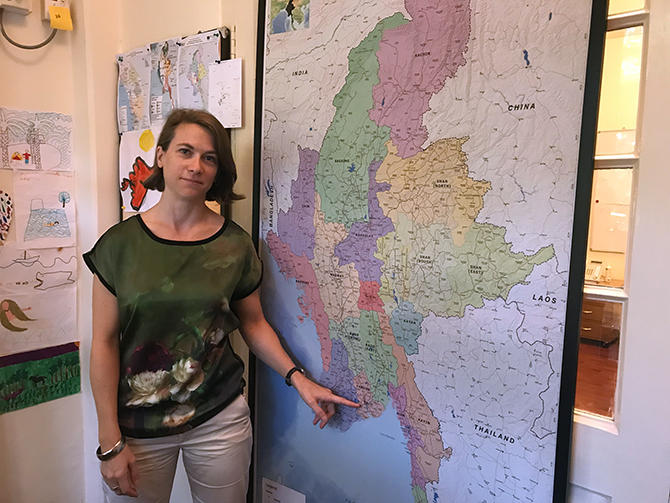
No end of history
Since the end of the Cold War, when US political scientist Francis Fukuyama prematurely declared the “end of history” and named democracy the winner, global efforts for the promotion of democracy have repeatedly experienced significant setbacks. This is why the promotion of democracy remains to this day one of the most important missions of Swiss foreign policy.
However, strengthening democracy has also become a main focus of national communication.
In Vientiane, the capital of Laos, there is no Swiss embassy – rather an office belonging to the Swiss Agency for Development and CooperationExternal link (SDC), which is part of the Swiss foreign affairs ministry.
“Instead of preaching and being missionaries, we focus on dialogue,” explains bureau chief Tim Enderlin.
In Laos, as in neighbouring Myanmar, Switzerland is one of the largest and most influential promotors of democracy. “We’re interested in long-term, workable solutions – not quick results,” Enderlin says.
Sounds good, but what does that mean? Many different things. For example, Switzerland and Myanmar arranged an exchange of young politicians in both countries. Also, high-ranking officers from the Myanmar army visited the Geneva Centre for the Democratic Control of Armed Forces.
In Laos, a one-party Communist state since 1975, Switzerland and European partners have supported a programme for civilian participation in politics. This is set to run until 2020.
Collecting signatures
As tough as the environment is in Southeast Asia, Switzerland’s involvement for democracy is going down well.
“It’s modest and requires patience, but it’s highly ambitious,” says Thai journalist Theewaporn Kummetha on the sidelines of a round table discussion on the future of democracy, an event organised by the Swiss embassy in BangkokExternal link.
Since a military putsch four years ago, Thais are still waiting for the promised new parliamentary elections.
Switzerland has recently held another discussion on the issue of democracy in Taiwan. A few months ago on this island of more than 23 million people between China, Japan and the Philippines, the Taiwanese parliament passed a law strengthening the rights of the people regarding direct democracy.
Signatures are already being collected for no fewer than ten national votes. Issues from labour law and same-sex marriage to nuclear power have thus been placed on the political agenda.
“It makes a lot of sense for us to use dialogue to draw attention to our country’s extensive experience with initiatives and referendums,” says Rolf Frei, Swiss representative in the capital TaipeiExternal link.
At a recent dinner in Frei’s residence, experts and journalists from Switzerland met Taiwanese organisers of initiatives, politicians and members of government.
“I’m convinced we can learn a lot from each other,” says Chen In-Chin, president of the national electoral authorities.
Chen’s team suddenly no longer has to deal with candidate lists and elections but with authenticating signatures and advising initiative committees. Just as the Federal Chancellery does in Bern.
Adapted from German by Thomas Stephens

In compliance with the JTI standards
More: SWI swissinfo.ch certified by the Journalism Trust Initiative
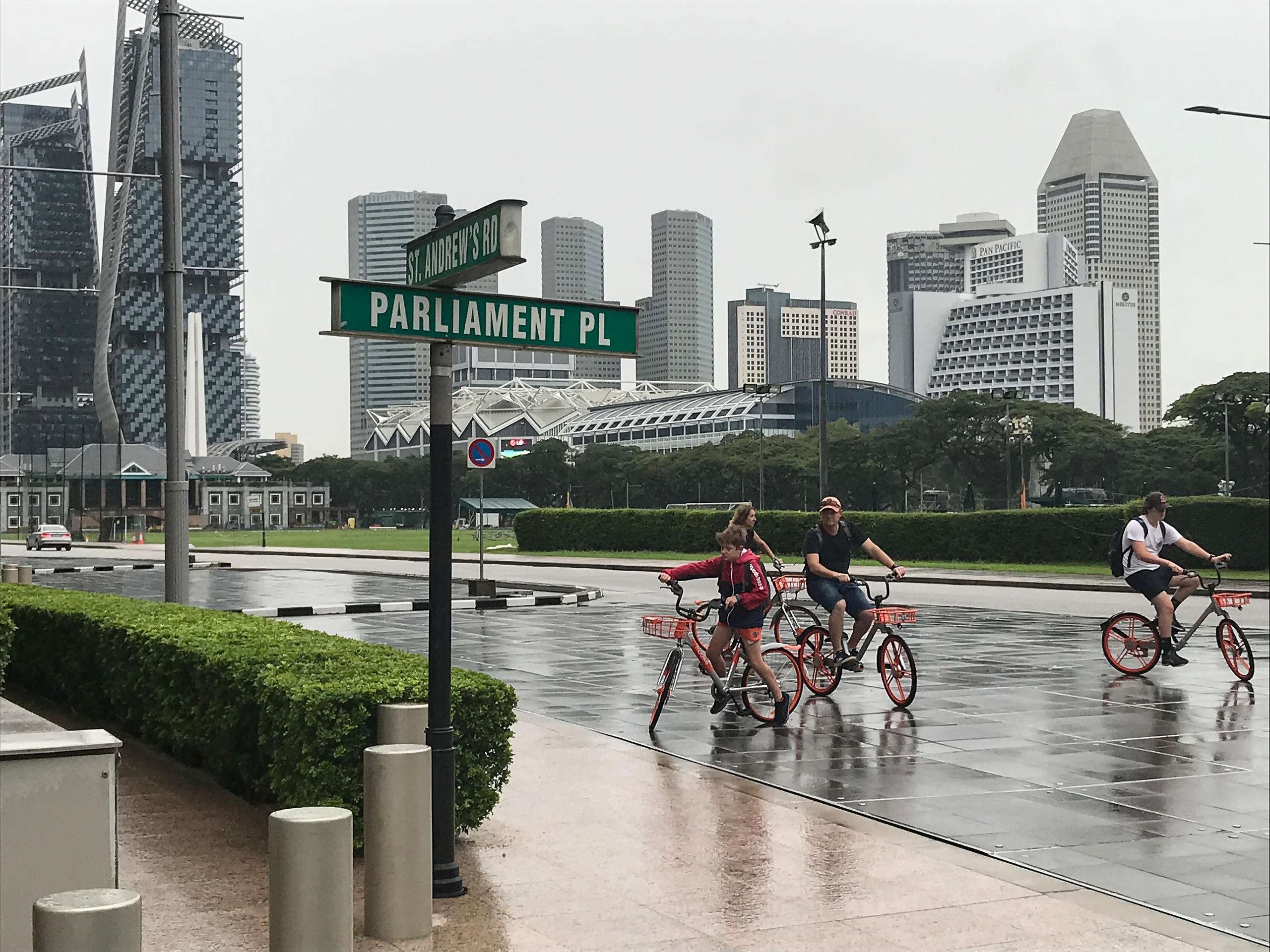
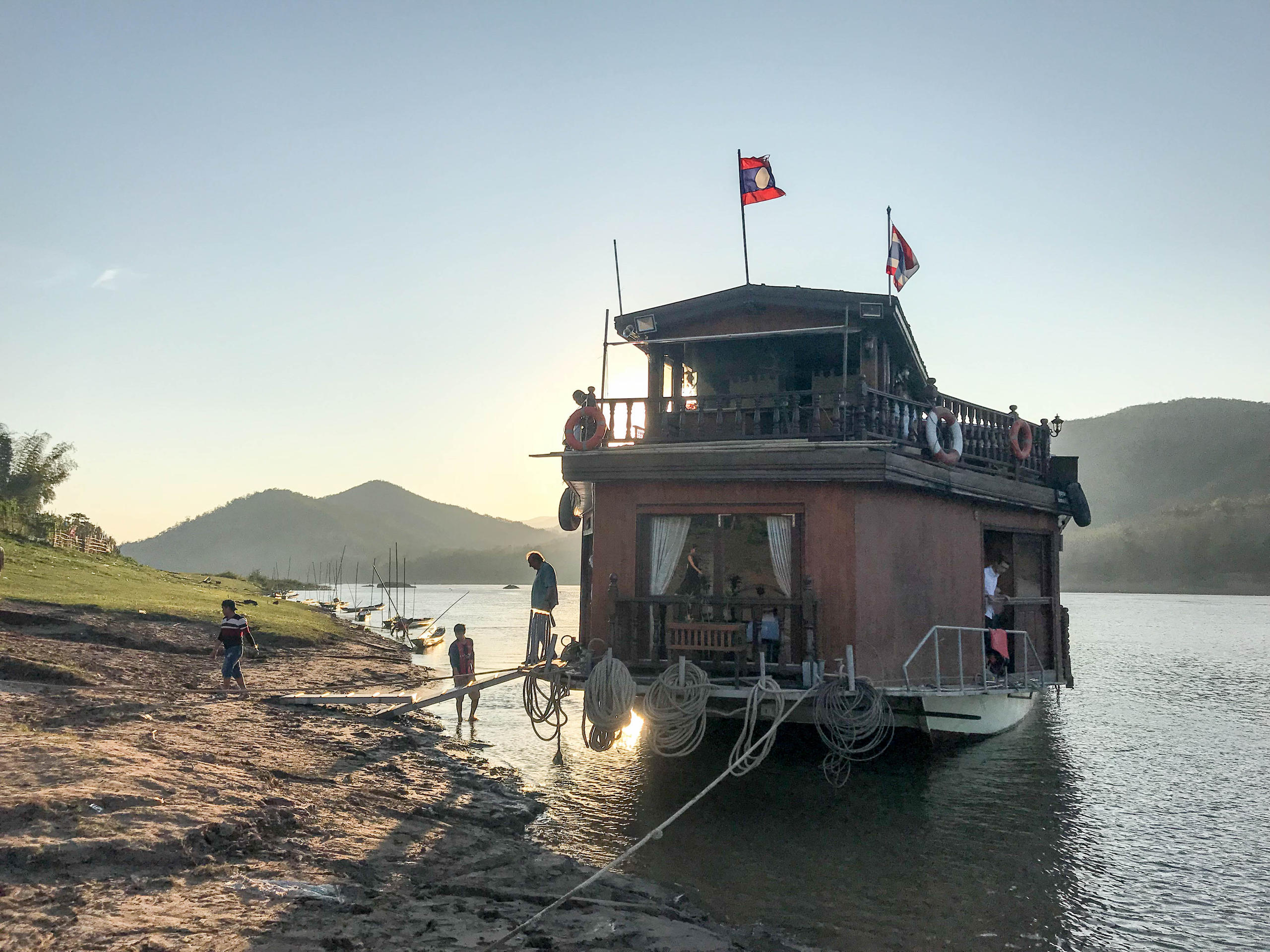
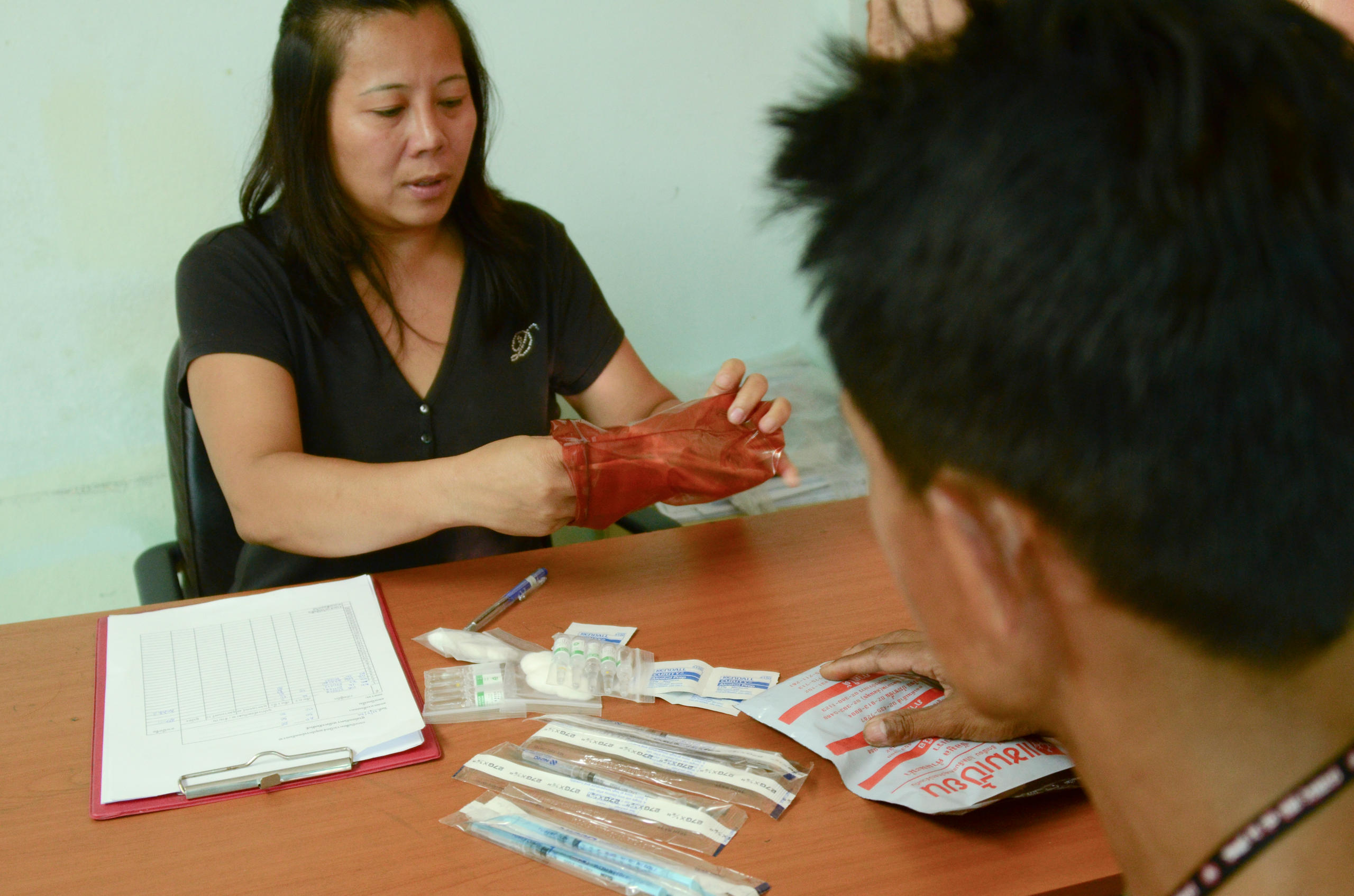
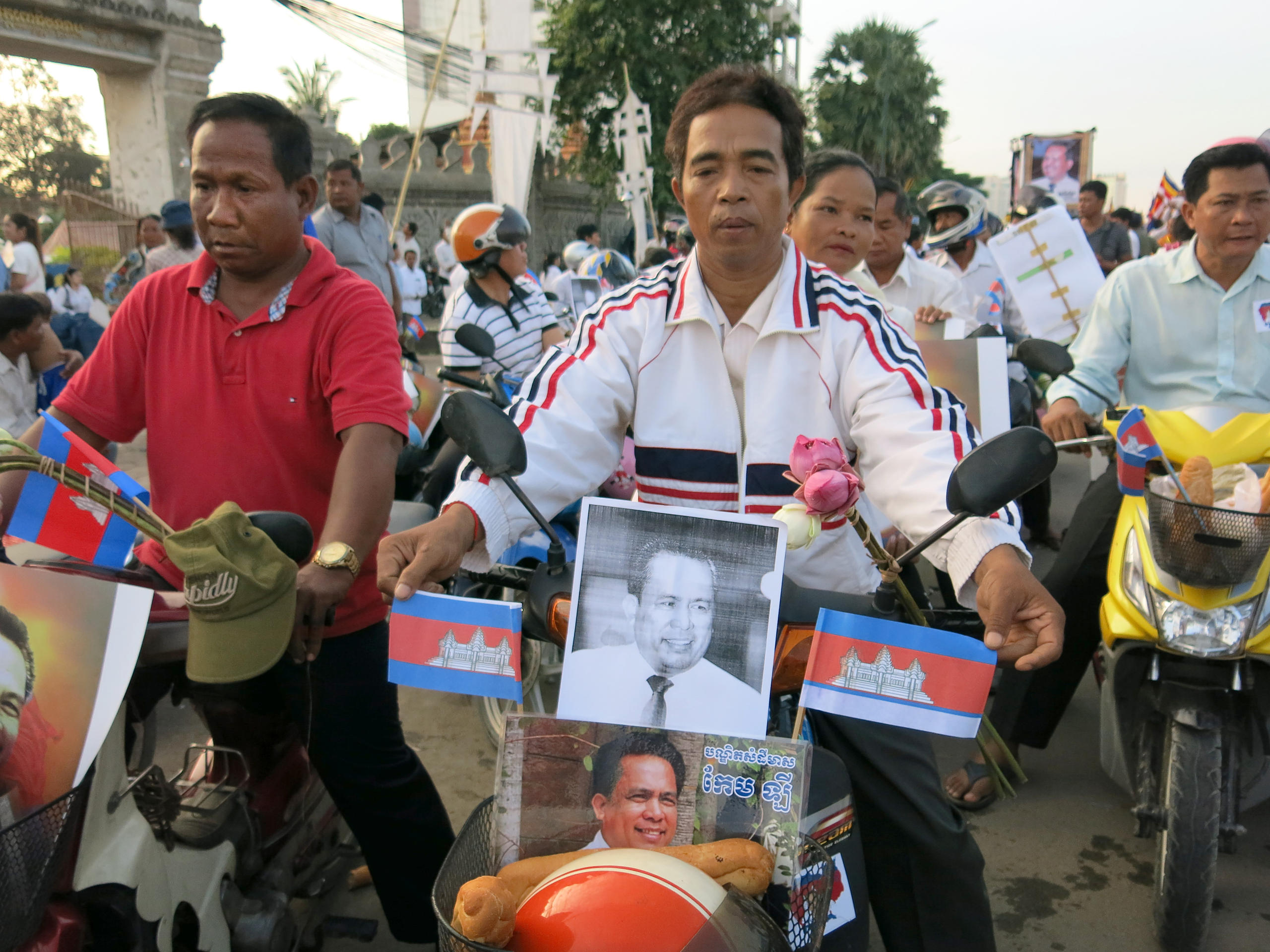
You can find an overview of ongoing debates with our journalists here. Please join us!
If you want to start a conversation about a topic raised in this article or want to report factual errors, email us at english@swissinfo.ch.